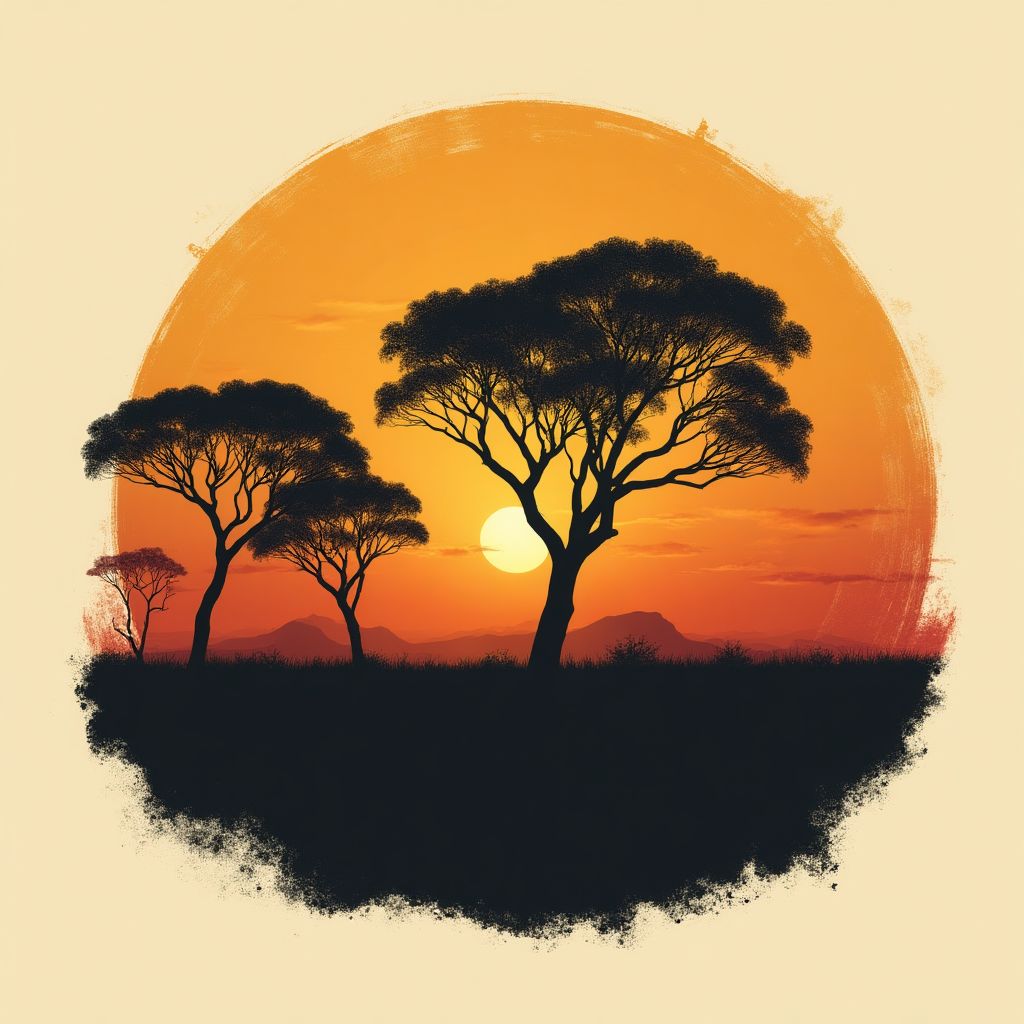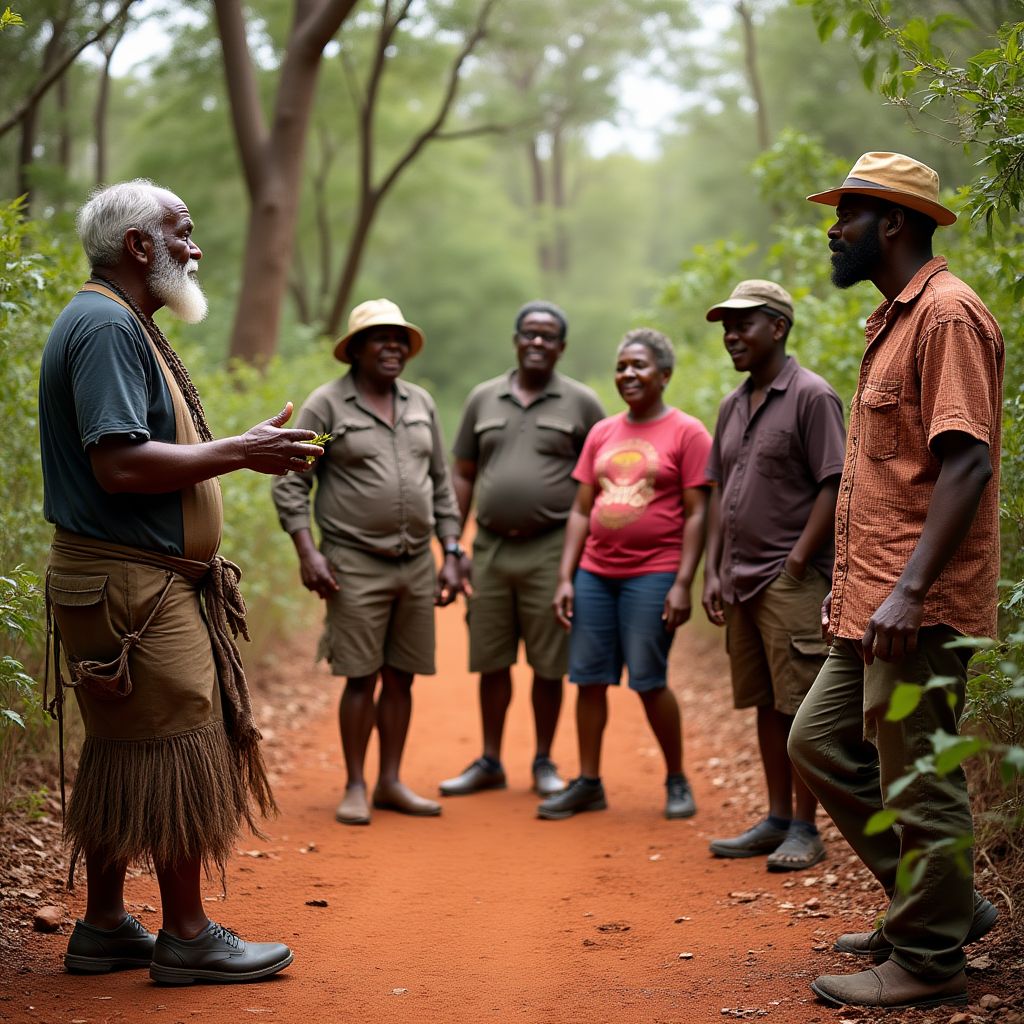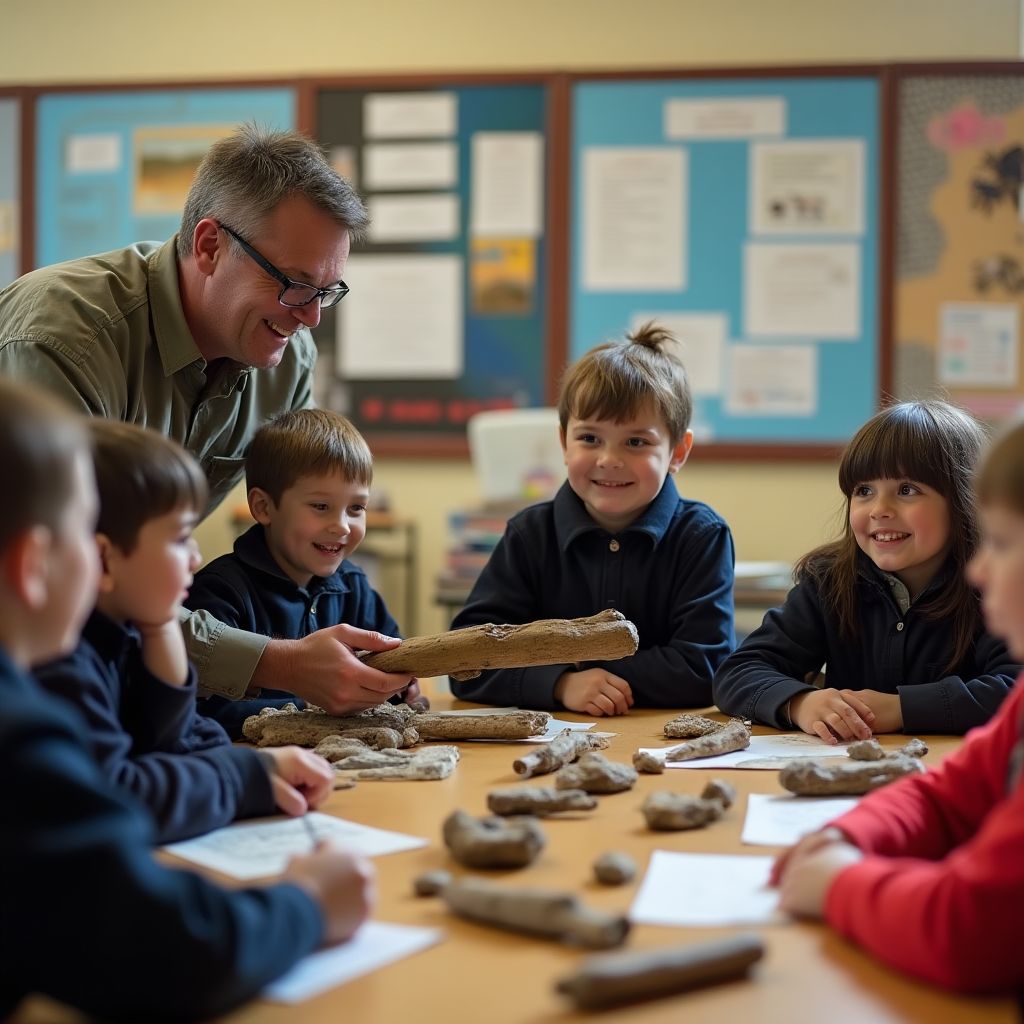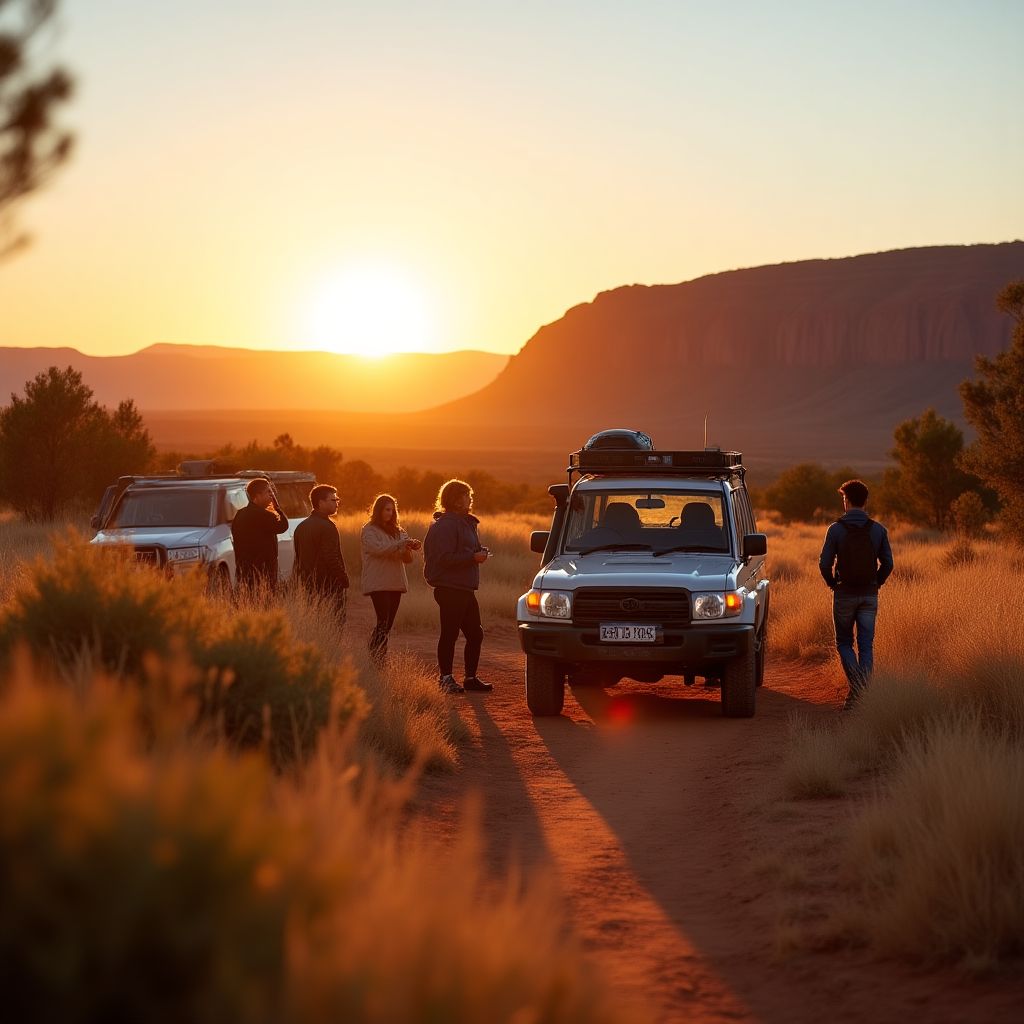
It all began in 2003 when Jack Harrison, a former ABC rural reporter, noticed how rapidly the traditional knowledge of outback living was disappearing. As elderly station owners passed on and young people moved to cities, centuries of practical wisdom about surviving in Australia's harshest environments was being lost forever.
With nothing more than an old Land Rover, a tape recorder, and a passionate commitment to preservation, Jack set out on a six-month journey to record the stories of remote station families across the Northern Territory and Western Australia. What was intended as material for a documentary series evolved into something much more significant when Jack met Emma Lawson, an environmental anthropologist studying traditional land management practices.
Together, they recognized an opportunity to not just document the outback way of life, but to create connections between isolated communities and build a platform where traditional knowledge could be shared, celebrated, and preserved for future generations. By 2005, they had established a small base in Alice Springs and formalized the "Life in the Australian Outback" initiative.
Over the following two decades, our organization has grown from those humble beginnings into a nationwide network supporting remote communities, facilitating knowledge exchange, and helping outback residents adapt to changing environmental, economic, and technological conditions while maintaining their unique cultural identity and connection to the land.














